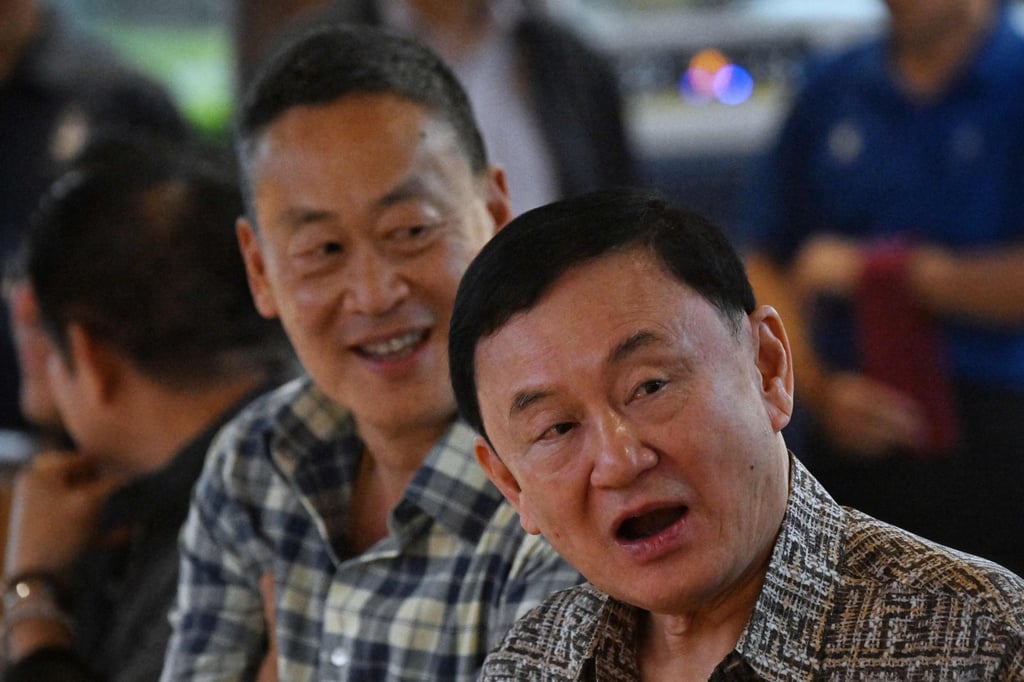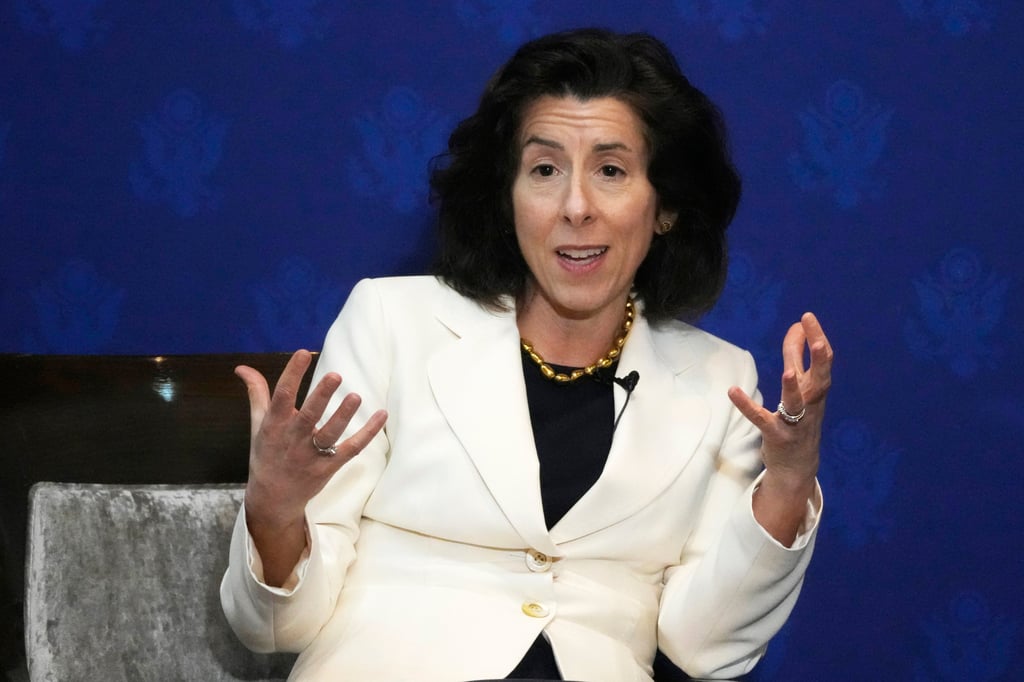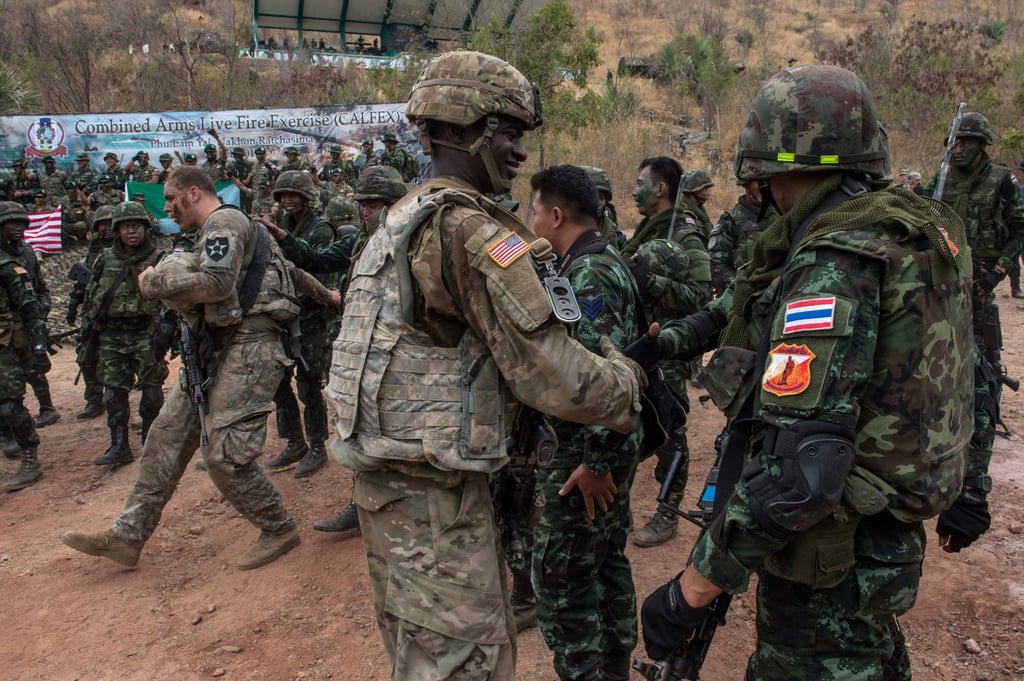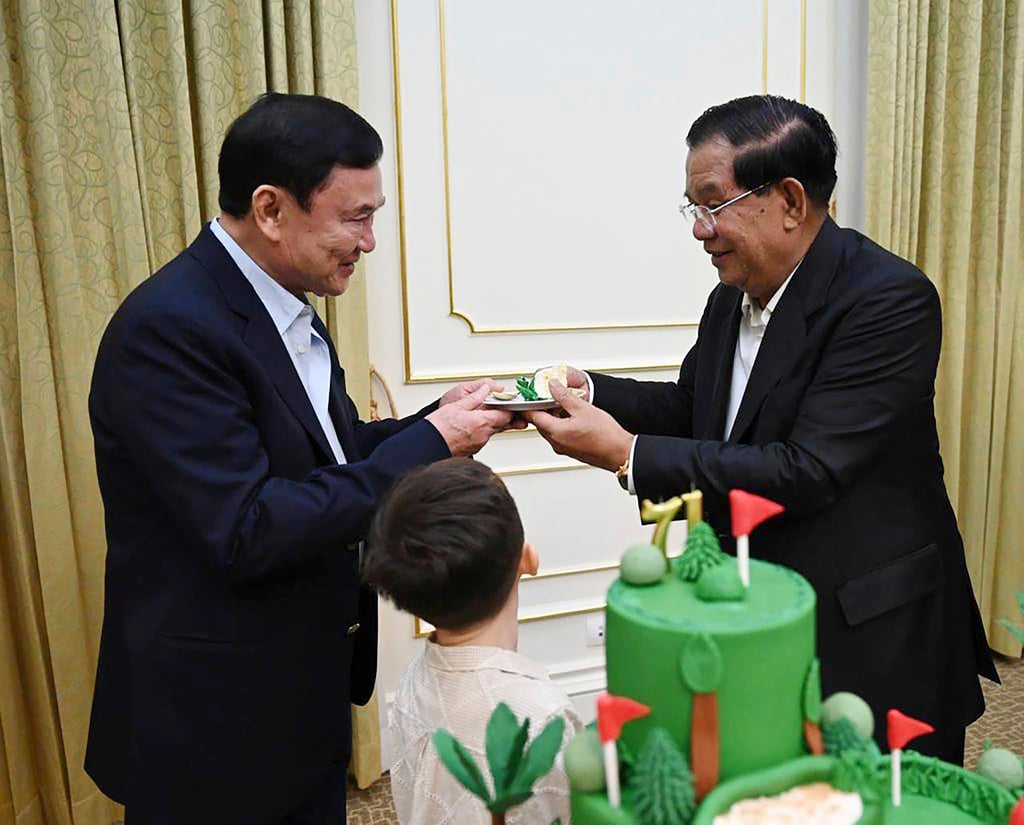
US-Thailand ties: strategic recalculations amid Bangkok’s tilt towards China and new geopolitical realities
- The US has prioritised democracy and human rights in its ties with Thailand, but the rise of China has forced it to reconsider its approach
- Thailand’s policy of ‘bending with the wind’ has seen it draw closer to China for economic reasons, even as it continues to balance ties with US
What is abundantly clear so far, however, is that Thai policy towards the US, though perhaps more civilian-derived, is a function of realist hedging. This started in 2007, the year that Thailand and China had their inaugural military exercise, and marked Bangkok’s attempt to balance the US against China to boost state security. Essentially, Bangkok is leveraging on both sides to maximise geopolitical benefits.

For many decades, Thailand and the US had one of the closest defence and economic relationships. Determined by the post-1947 Cold War, anti-Communism, free markets and Thailand’s policy of “bending with the wind”, this linkage remained generally firm until the end of the Cold War in 1991.
Thereupon, American policymakers prioritised democracy and human rights, which led Washington to strongly oppose Thailand’s 2006 and 2014 coups. The US suspended most military assistance, reduced the number of joint military exercises, and paused any major new agreements until an elected government returned to office.
However, the rise of China, specifically after 2013 when Xi Jinping took power, affected Thai-US relations. Now, as one senior US diplomat told this author, Washington needs to balance its promotion of democratic norms with the need to retain its geopolitical interests. But Washington’s distancing of Bangkok and Beijing’s charm offensive towards the kingdom contributed to Thailand increasingly turning to China for military aid, joint military exercises and military education for Thai soldiers.

In 2022, Bangkok and Washington signed the US-Thailand Communiqué on Strategic Alliance and Partnership. In 2023, with Thailand investing over US$10 billion in the US, two US congressmen established the US-Thai Alliance Caucus.
Washington has long worried that Thailand might draw too close to Beijing. China is currently Thailand’s leading import partner compared to the US, which ranks fourth. Washington is Bangkok’s top export destination (China is second).
On another front, Thailand has worked ever closely with Chinese police, even tabling a controversial proposal to get Chinese officers to operate in Thailand. Furthermore, though Srettha advertised building a “land bridge” across a part of southern Thailand to compete with the commercial traffic moving through the Strait of Malacca, the Biden administration sees this project as more useful to China, potentially propelling Thailand closer to Beijing.

This year, China and the US are leading military suppliers and military educators for Thailand, regularly engaging in naval, air force and army exercises. Thai-US drills have been especially robust, including the recent Cobra Gold, Cope Tiger and Operation Enduring Partners exercises, and preparations for Cooperation Afloat Readiness and Training drills. Though Thailand conducts annual military drills with China, Bangkok’s exercises with Washington are larger, more frequent, and more intricate.

Washington has frowned upon Thai enterprises (for example, PTTEP, United Power of Asia, Allure Group P&E) continuing to collaborate with US-sanctioned companies controlled by the Myanmar junta. But the US is not directly penalising such Thai companies for fear it would drive the Thai elite further into China’s orbit. Washington clearly dislikes the fact that the Srettha government has moved Thailand closer to the China-aligned and US-sanctioned Cambodian government of Hun Manet, whose father Hun Sen led Cambodia from 1985 to 2023. Thaksin is personally close to Hun Sen, and Thaksin’s niece has married Hun Sen’s close aide.
For the future, US-Thai relations are likely to be amicable yet sometimes edgy. Thailand gains security and profit by hedging between China and the US, maintaining satisfactory relations with Russia and economically cooperating with its neighbours. Geopolitical interest has soundly trumped norms regarding US policy towards Thailand, with Washington intent on preventing Bangkok from tilting closer to Beijing.

